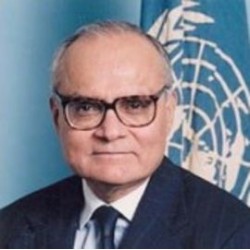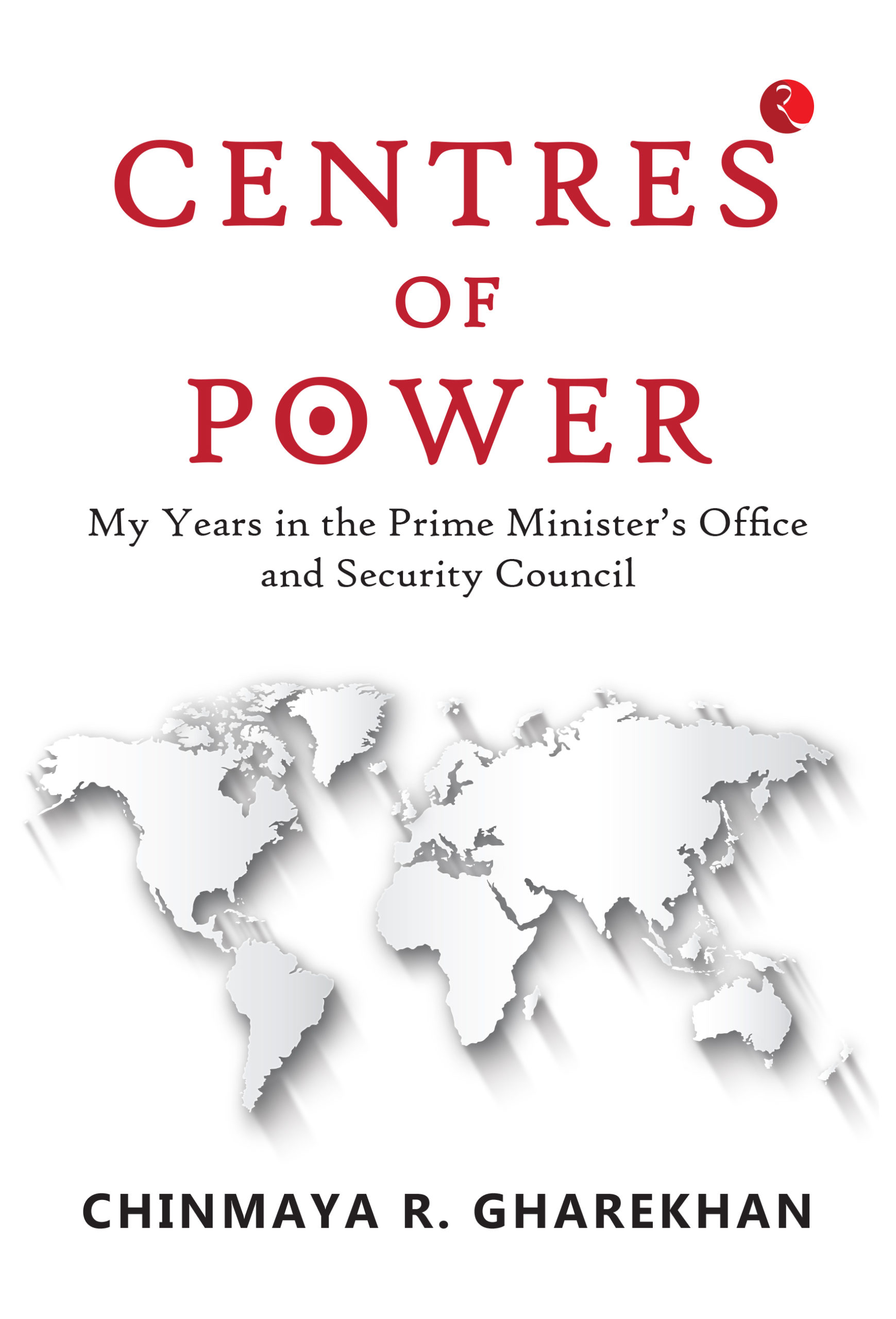While he was writing, ‘Centres of Power’, I kept pestering him to include the fabulous and high-powered years in the most important establishment, the Prime Minister’s Office.
On Friday the 18th, at India International Centre, was launched Chinmaya Gharekhan’s book, “Centres of Power”, published by Rupa. The hall was overfull, with our greatest philosopher Ashish Nandy sitting in front row.
The panel to discuss the book consisted of Krishna Rasgotra, former Foreign Secretary, former Vice-President Hamid Ansari, Shyam Saran, president of the India International Centre and former Foreign Secretary, and myself.
The author was the opening speaker. He had no text. His speech
Gharekhan joined the Indian Foreign Service in 1958. Five years after I did. He turned out to be among the outstanding IFS officers and more than a brilliant but low-key diplomat.
His first posting took him to Congo in Africa. At the best of times that country was no favourite posting. My own view is that every IFS officer should have the experience of an African country. I spent three years in Zambia and look back on my stay in Lusaka with nostalgia.

Gharekhan was Head of Mission in Geneva. Permanent Representative of India at United Nations in New York. It is a posting that is sought by every IFS officer, and Under Secretary General of UN.
I myself spent five years with the Indian Mission in New York. It was not a gripping job but I became familiar with what was happening in the world. In those days famous leaders came to attend the three-month annual session of the General Assembly. Even junior officials rubbed shoulders with the mighty and the powerful.
But the climax of his career was his working with Indira Gandhi for five years and two years with Rajiv Gandhi. While he was writing, “Centres of Power”, I kept pestering him to include the fabulous and high-powered years in the most important establishment—the Prime Minister’s Office. Policy is made in PMO’s office, it is implemented by concerned ministries. Gharekhan and his colleagues made sure that every single file from the PMO was dealt without delay.
Gharekhan got on well with the Prime Minister. From time to time both spoke to each other in French to the discomfiture of officers and ministers. He told me that it was not only a privilege but an honour to work with Indira Gandhi.
1962 had done harm to India and to Sino-Indian relations. All that changed when Deng Xiaoping told the Indian Prime Minister, that leave the border aside, develop good neighbourly and friendly relations in other areas like trade and tourism, exchange of students etc.
From 1988 to 2020 there was no conflict between the two countries.
Chinmaya Gharekhan will be leaving India for good at the end of this month. He has got rid of his properties in Delhi and Baroda. New York will be his home for rest of his life.

